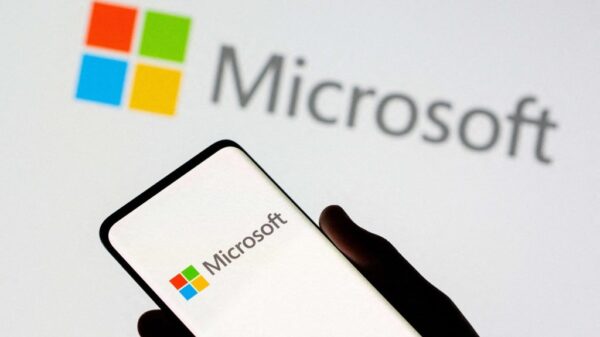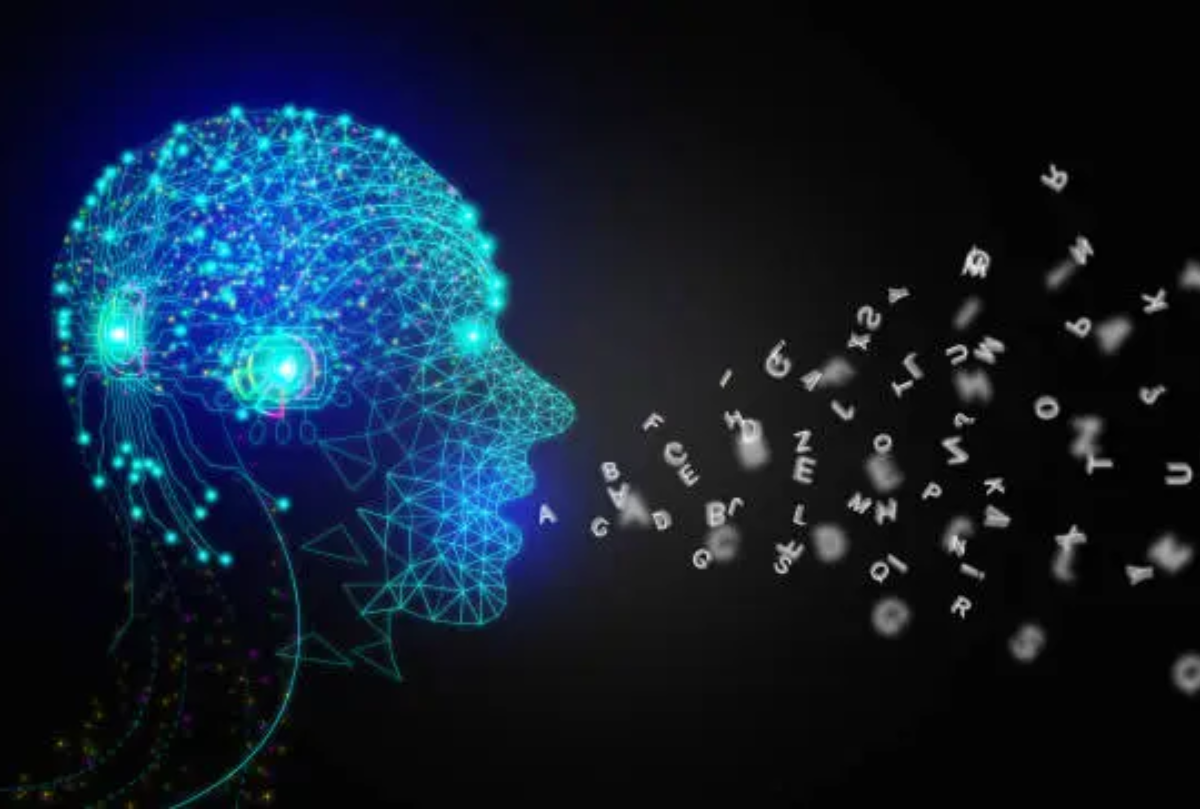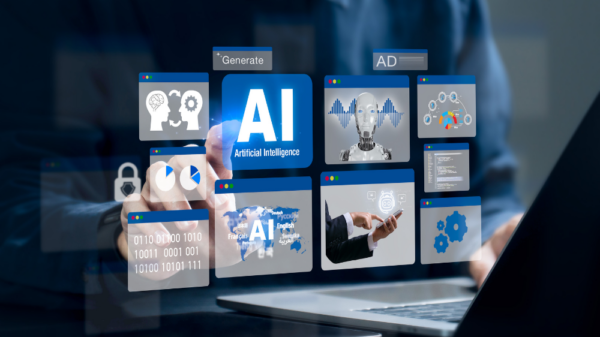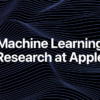Microsoft Research has announced the launch of Project Gecko, a groundbreaking initiative aimed at developing cost-effective and customizable AI systems designed for the global majority. This project addresses the significant disparities in AI effectiveness across different communities, particularly where low-resource languages dominate.
Despite the rapid advancements in generative AI tools that have boosted productivity worldwide, their performance is often uneven, especially for populations under-represented online. Training data for many AI models primarily comes from well-resourced languages and cultures, leading to inadequate performance in local languages and a failure to reflect diverse social and cultural realities. Even when factors like GDP and internet access are taken into account, AI adoption remains low in regions where low-resource languages are prevalent.
Focus on Agriculture
Project Gecko aims to close these gaps by providing vital expertise through local languages, culturally sensitive content, and multimodal engagement—utilizing text, voice, and video formats. The initiative involves collaboration among teams from Microsoft Research Africa in Nairobi, Microsoft Research India, and the Microsoft Research Accelerator in the United States, alongside partners like Digital Green, an organization that focuses on community-driven digital infrastructure for agriculture.
A key innovation within Project Gecko is the development of the MMCTAgent, a multimodal critical thinking agent framework. This system processes inputs from speech, images, and videos to generate relevant and context-aware responses. Currently, MMCTAgent is accessible via Azure AI Foundry Labs, with its code available on GitHub. This work aligns with Microsoft’s mission to empower individuals globally, emphasizing the need for equitable generative AI that incorporates culturally nuanced experiences.
Initially, Project Gecko is concentrating on the agricultural sector due to its potential to enhance climate, health, and education outcomes simultaneously. The first phase targets small farms in India and Kenya, where millions could benefit from technology designed to improve crop yields and resilience against climate volatility. The initiative builds on the VeLLM (uniVersal Empowerment with LLMs) platform developed by Microsoft Research India, which helps create multilingual, multimodal content tailored to culturally relevant data.
Challenges in Digital Agriculture
Agriculture is vital to the economies of both India and Kenya, accounting for a significant portion of GDP and employing millions of smallholder farmers. Although digital services exist to assist farmers with issues such as weather and pest management, their reliance on Large Language Models (LLMs)—predominantly trained on English and Western languages—leaves many farmers unable to access accurate information in their local languages. This barrier leads to low adoption rates of existing technology.
In regions like Kenya and India, where strong oral traditions prevail, voice communication and video are preferred for information dissemination. Therefore, any effective system must function on low bandwidth and operate with minimal computing power. Project Gecko is collaborating closely with FarmerChat, a speech-first AI assistant developed by Digital Green, which provides trusted agricultural recommendations to millions of farmers. Digital Green has amassed a library of over 10,000 videos in more than 40 languages and dialects over the past two decades, representing a valuable resource of local knowledge.
The objective is to transform FarmerChat from a basic Q&A tool into a reliable farming companion. Farmers will be able to submit queries via speech or text and receive actionable, step-by-step responses in their preferred languages through text, voice, or video.
The MMCTAgent framework plays a crucial role by using domain-specific tools to break down complex inquiries. By employing techniques like natural language processing (NLP) and computer vision, it enhances the accessibility of videos and transcripts within the Digital Green library, making them searchable. This adaptability ensures that the answers it provides are culturally and linguistically appropriate, backed by content created by local communities. Field studies in Kenya and India have demonstrated that the system outperforms generic models in terms of response quality, usability, and user trust.
To address the challenges of limited training data and computational resources for low-resource languages, the Project Gecko team is developing new models from scratch, including automatic speech recognition (ASR) and text-to-speech (TTS) systems. They are also leveraging Small Language Models (SLMs), which demand less computing power, allowing for easier fine-tuning for specific domains and languages. The outcome will be tailored speech models and SLMs for languages such as Kiswahili, Hindi, and Kikuyu, which will be continuously refined through user data.
Looking Ahead: Expansion of Project Gecko
As Project Gecko evolves, it plans to extend its initiatives into other critical sectors, including healthcare, education, and retail. By examining successful practices in agriculture, Microsoft aims to develop scalable solutions applicable across various domains. A forthcoming multilingual playbook will offer end-to-end guidance for developers on building domain-specific multilingual AI applications, drawing insights from cross-cultural experiences within Microsoft Research teams in India and Kenya. Ultimately, the goal is to ensure that the next generation of AI is culturally relevant, globally inclusive, and shaped by the communities it serves.
 AI’s Role in Climate Action Sparks Controversy at COP30 Talks in Brazil
AI’s Role in Climate Action Sparks Controversy at COP30 Talks in Brazil Andrometa Launches YapWorld, Pioneering the “Social AI” Sector to Combat Digital Isolation
Andrometa Launches YapWorld, Pioneering the “Social AI” Sector to Combat Digital Isolation Microsoft Launches Foundry Overhaul with IQ Tools to Simplify AI Agent Management
Microsoft Launches Foundry Overhaul with IQ Tools to Simplify AI Agent Management McGill University Health Centre CEO Discusses AI Risks and Tech Adoption Strategies
McGill University Health Centre CEO Discusses AI Risks and Tech Adoption Strategies Check Point Partners with Microsoft to Secure Copilot Studio with AI Guardrails
Check Point Partners with Microsoft to Secure Copilot Studio with AI Guardrails




































































